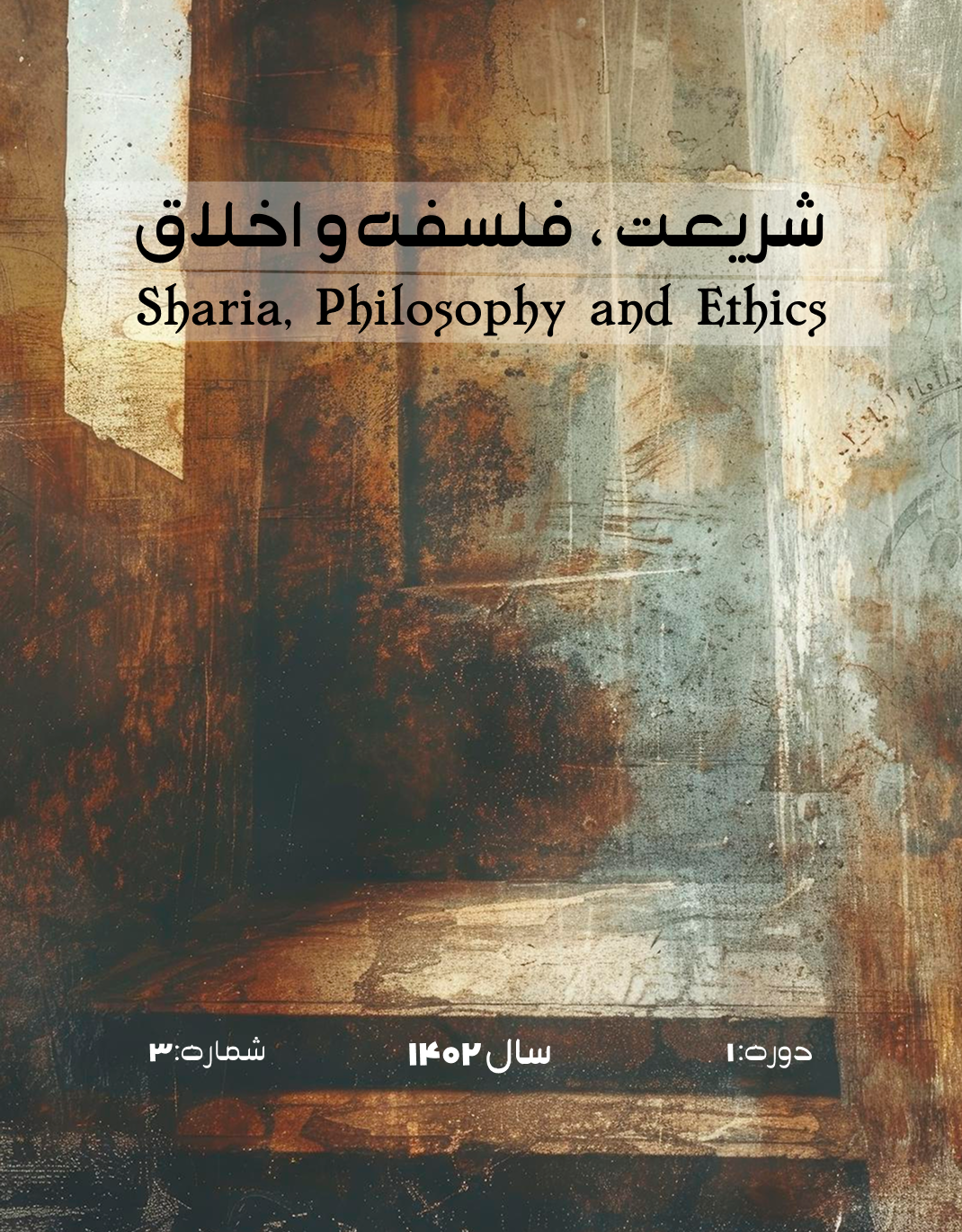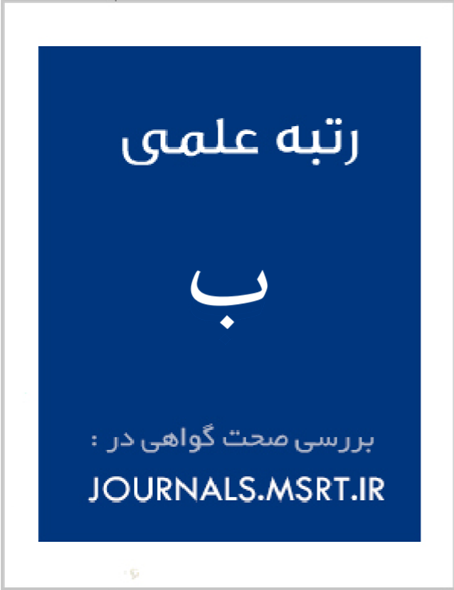تحلیل کیفی تجربه دینداری اخلاقمحور در نسل جوان مسلمان معاصر
کلمات کلیدی:
دینداری اخلاقمحور, نسل جوان, تجربه زیسته, تحلیل مضمون, جوانان مسلمانچکیده
هدف این پژوهش شناسایی و تبیین ابعاد و تجربه زیسته دینداری اخلاقمحور در میان نسل جوان مسلمان معاصر است. این مطالعه با رویکرد کیفی و به روش تحلیل مضمون انجام شد. دادهها از طریق مصاحبههای نیمهساختاریافته با ۱۹ نفر از جوانان مسلمان ساکن تهران گردآوری و تا رسیدن به اشباع نظری ادامه یافت. تجزیه و تحلیل دادهها با استفاده از نرمافزار NVivo و طی مراحل کدگذاری باز، استخراج مفاهیم و شناسایی مضامین اصلی صورت گرفت. اعتبار نتایج با بازبینی مشارکتکنندگان و تحلیل همکار تأیید شد. تحلیل دادهها سه مقوله اصلی شامل هویت اخلاقی-دینی، چالشها و تنشهای دینداری، و راهبردها و پیامدهای دینداری اخلاقمحور را آشکار کرد. جوانان ضمن تأکید بر تفسیر فردی و اصالت در دینداری، اخلاق، مسئولیت اجتماعی و عدالتخواهی را هسته اصلی تجربه دینی خود دانستند. آنان برای مواجهه با چالشهای سنت و مدرنیته، قضاوتهای اجتماعی و فشارهای فرهنگی، راهبردهایی چون مذاکره هویتی، خودسازی اخلاقی و کنشگری اجتماعی را به کار میگیرند. نتایج پژوهش نشان میدهد که دینداری اخلاقمحور در نسل جوان مسلمان معاصر، پدیدهای چندلایه و در حال بازتعریف است که با تمرکز بر اخلاق و معنای فردی، امکان تعامل سازنده میان دین، اخلاق و هویت را فراهم میآورد. شناخت دقیقتر این تجربه میتواند مبنایی برای سیاستگذاری فرهنگی و دینی متناسب با نیازهای نسل جدید باشد.



